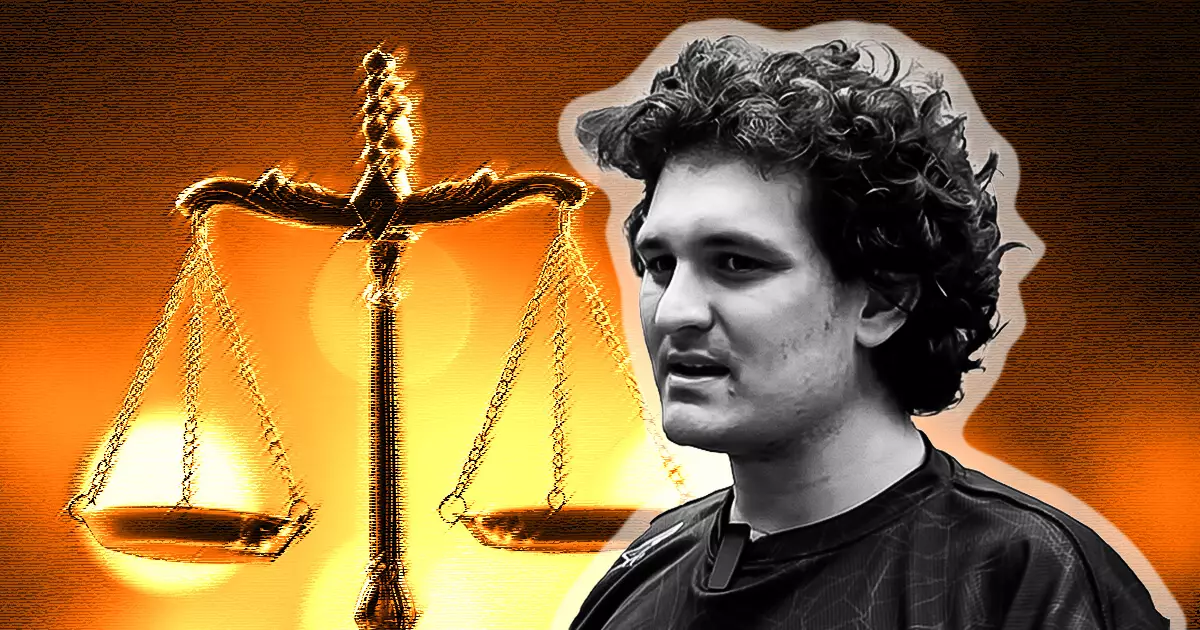U.S. prosecutors recently addressed the concerns raised by Sam Bankman-Fried, the former CEO of FTX, and his legal team in a filing on August 29. Bankman-Fried and his team had previously objected to the government’s decision to provide a substantial amount of discovery materials in the weeks leading up to the trial. In response, the prosecutors argued that these complaints were misleading and distorted.
One of the main points of contention revolved around the vast number of discovery materials provided by the government. Bankman-Fried’s lawyers claimed that about 7.7 million pages of documents were handed over within a matter of days, making it practically impossible for their client to review them thoroughly due to his imprisonment and other related constraints. However, the prosecutors countered this argument by stating that Bankman-Fried had sufficient time to review these materials since they originated from his own Google accounts.
The prosecutors went on to suggest that Bankman-Fried’s objections and requests for specific evidence were possibly motivated by a desire to engage in witness tampering. They highlighted one instance where Bankman-Fried had disclosed documents from his Google accounts to a widely read publication in an attempt to discredit the government’s cooperating witness, former Alameda Research CEO Caroline Ellison. This accusation raised concerns about the integrity of Bankman-Fried’s actions and his intentions behind seeking certain pieces of evidence.
Duplicate Documents and Double Counting
Another issue raised by the prosecutors was the claim that 3.7 million pages of the discovery materials were duplicates and did not contribute to the overall volume of evidence provided. They argued that these documents were simply notifications for Bankman-Fried about future discovery materials. The prosecution contended that Bankman-Fried and his legal team were engaging in “double counting” when considering the total amount of evidence presented to them.
Government’s Opposition to Evidence Introduction
Furthermore, Bankman-Fried’s lawyers had requested that the courts prevent the government from introducing any evidence produced after July 1, 2023. However, the government made it clear in their filing that they intended to oppose this request. They did not provide specific reasons for their opposition, leaving it open to interpretation as to why they believed it was necessary to include evidence produced after the specified date.
The ongoing legal battle between Sam Bankman-Fried and the U.S. prosecutors has generated significant controversy. The complaints raised by Bankman-Fried and his legal team regarding the overwhelming number of discovery materials, the potential for witness tampering, and the issue of duplicate documents have been met with strong rebuttals from the prosecutors. As the trial progresses, it remains to be seen how these contentious points will be addressed and resolved by the courts.

